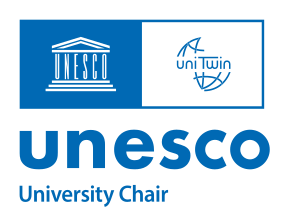Probabilistic Risk Assessment For Disaster Risk Reduction - CAPRA Platform
07 April 2022, 1:00 pm–3:00 pm
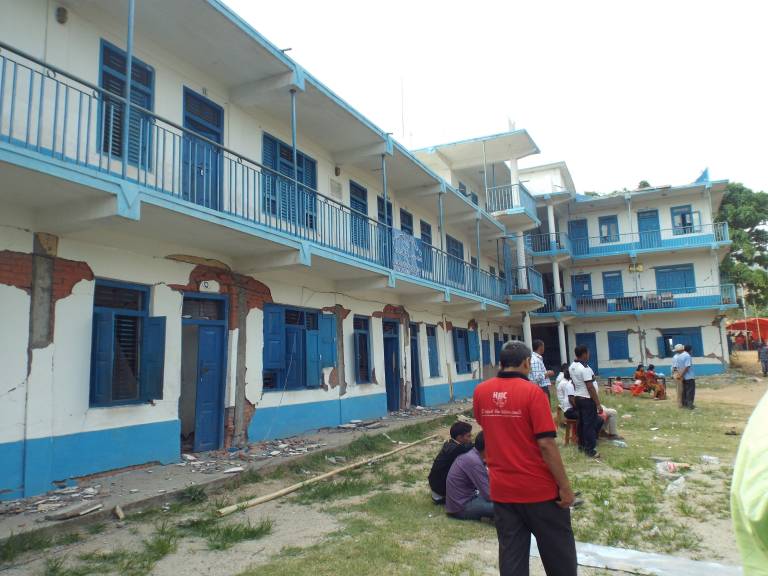
This short introductory course will outline the probabilistic risk assessment methodology applied to structures exposed to seismic hazards and the retrofitting strategies used for disaster risk reduction.
This event is free.
Event Information
Open to
- All
Availability
- Yes
Cost
- Free
Organiser
-
Prof Dina D'Ayala
In this short introductory course organized by the UNESCO Chair in Disaster Risk Reduction and Resilience Engineering (DRR&RE) at University College London (UCL), we will present the outline of the probabilistic risk assessment methodology applied to structures exposed to seismic hazards and the retrofitting strategies used for disaster risk reduction. This course will first introduce the probabilistic representation of the three main components of risk assessment: hazard, exposure, and vulnerability and explain how they contribute to the seismic risk of an area. We will then illustrate the concepts and process of assessing risk related to seismic hazard through the CAPRA platform, an open access facility, developed to strengthen institutional capacity for assessing, understanding, and communicating disaster risk. During the 2 hours course, we will introduce the most relevant risk metrics and show their application to case studies focusing on school infrastructure. This short course is suitable for students and professionals who wish to gain an overview of probabilistic risk assessment of physical infrastructure and how this can be incorporated in management and planning activities.
Attendee’s profile
The workshop is best suited to attendees with the following profile:
- Students, researchers and academics interested in learning about probabilistic risk assessment.
- Disaster risk management professionals involved in issues related to territorial planning, evaluation, risk reduction, and emergency response.
- Computer familiarity with web-based interactive platforms.
- No prior experience on probabilistic risk assessment is needed.
Learning outcomes
The main learning outcomes of this capacity building are the following:
- Familiarization with the conceptual framework of probabilistic risk assessment for the built environment.
- Appreciation of the minimum data requirement and quality for probabilistic risk assessment
- Understanding of the applicability of the CAPRA platform to risk assessment problems .
- Awareness of risk metrics and their application to disaster risk reduction
Schedule
Start Time | End Time | Topic | Speaker |
7:00 (COL) 13:00 (UK) 17:45 (NEP) 20:00 (PHI) | 7:10 (COL) 13:10 (UK) 17:55 (NEP) 20:10 (PHI) | Introduction to UNESCO Chair activities | Dina D’Ayala |
7:10 (COL) 13:10 (UK) 17:55 (NEP) 20:10 (PHI) | 7:30 (COL) 13:30 (UK) 18:15 (NEP) 20:30 (PHI) | General introduction CAPRA Platform for Probabilistic Risk assessment | Juan Francisco Correal |
7:30 (COL) 13:30 (UK) 18:15 (NEP) 20:30 (PHI) | 8:30 (COL) 14:30 (UK) 19:15 (NEP) 21:30 (PHI) | Probabilistic Risk Assessment For Disaster Risk Reduction in School Infrastructure | Rafael Fernández |
8:30 (COL) 14:30 (UK) 19:15 (NEP) 21:30 (PHI) | 9:00 (COL) 15:00 (UK) 19:45 (NEP) 22:00 (PHI) | Panel discussion moderated by Dr. D. Lo | Dr. B. M. Pacheco, Dr. E. C. Paringit, Prof. J. C. Atoche, Dr. R. Guragain, Dr. N. P. Marasini & Dr P. Malisan |
A damaged school in Sindhupalchowk, Nepal in the aftermath of the 2015 Gorkha earthquake (Credit: Carina Fonseca Ferreira, The World Bank)
About the Speakers
Dina D’Ayala
Professor of Structural Engineering at University College London
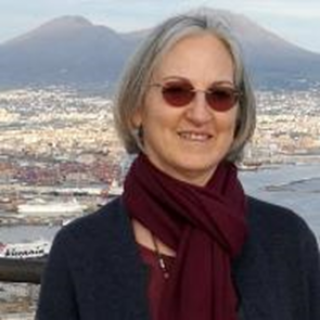
Juan Francisco Correal
Full Professor at the Department of Civil and Environmental Engineering at Universidad de Los Andes
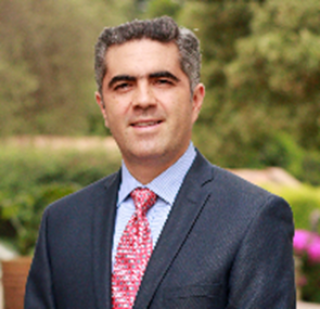
Rafael Fernández
PhD Candidate at Universidad de Los Andes
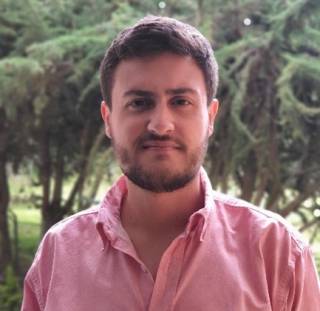
 Close
Close


